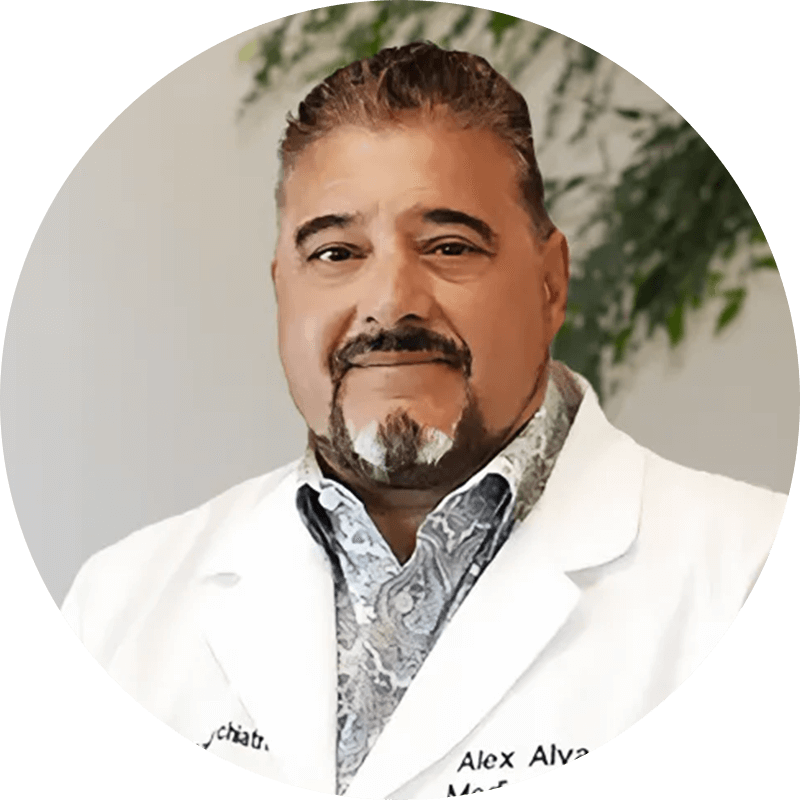I’m a mom of 3 kids. My husband is a Veteran who has undiagnosed PTSD and drinks a 12 pack every other day—but still goes to work and provides for our family. Should I say something?
Post-traumatic stress disorders (PTSD) co-occurring with substance abuse disorders (SUD) isn’t uncommon. Sometimes, people suffering from PTSD use alcohol or drugs to cope, help sleep or treat insomnia, or manage realities they would like to avoid. Using substances can escalate relationship problems, health problems, physical and mental pain, and disrupt daily functioning, like work or school.
While some people may consider themselves “functional alcoholics” or a “recreational drug user” opposed to “drug abuser” — there are usually unresolved or underlying issues that will eventually get worse with substance use.
According to the U.S. Department of Veterans Affairs:
- 27% of Veterans in VA care diagnosed with PTSD also have substance use disorder (SUD)
- More than 2 of 10 Veterans with PTSD also have SUD.
- Almost 1 out of every 3 Veterans seeking treatment for SUD also has PTSD.
- The number of Veterans who smoke (nicotine) is almost double for those with PTSD (about 6 of 10) versus those without a PTSD diagnosis (3 of 10).
- In the wars in Iraq and Afghanistan, about 1 in 10 returning Veterans seen in VA have a problem with alcohol or other drugs.
- War Veterans with PTSD and alcohol problems tend to binge drink. Binge drinking is when a person drinks a lot of alcohol (4-5 drinks or more) in a short period of time (1-2 hours).
Fortunately, treatment for Veterans in Fresno, California is available and effective.
“I couldn’t understand why my life was trending down… I kept finding myself in a rut—time and time again—and all I was doing was rewarding myself the same way I did while in the Marines. Train hard, work hard, play hard. Going to treatment, I learned that I was using alcohol for a reward when things were going good and a coping skill when things were going bad…”
Robbie, Marine Corps CPL Vet
How does PTSD affect your family?
Anyone close to a person suffering from PTSD may experience avoidance, anger, depression, or guilt. When you live with a person with PTSD, there is a higher chance of marital problems, family violence, and behavior issues with children.
Research shows that the more severe symptoms become, the worse the family functions. You can learn more about PTSD treatment, the impact on family, and how it affects Veterans and their families at AboutFace.
Touchstone Recovery Center offers family support services to educate families—in addition to therapy sessions. All family support services are free for existing patients and alumni.
Touchstone Recovery Center
What treatments are available for SUD?
There are many different types of treatment for both PTSD and SUD — often treating both conditions at the same time. As a dual-diagnosis treatment center, specializing in substance abuse treatment and long-term recovery, our therapies and services include:
- Inpatient treatment, outpatient treatment, and partial hospitalization programs to fit a multitude of diagnoses and stages of addiction
- Initial psychological assessment
- Initial medication evaluation with psychiatric staff
- Individualized treatment plan
- Trauma-informed care
- Evidence-based treatment
- Detoxification
- Daily group therapy: Dialectical Behavioral Therapy (DBT), Cognitive Behavioral Therapy (CBT), life skills, and process groups
- Experiential therapies (art therapy, yoga, music therapy, and community outings)
- Medication options for specific symptoms like pain, anger, or sleep problems
- Eight Week Drug Recovery Program involving 4 three-hour sessions a week
- One-on-one counseling
- Sober recreational activities, relapse prevention tools, and continued support
- Dependable alcohol and drug testing
- Weekly offered appointments with your doctor
- Community-building in an intimate small group setting
- Couples therapy and family therapy
- Crisis management and case management services
- Court-mandated rehab from Superior Court of Fresno
Touchstone Recovery Center
More Resources
Learn more about how Touchstone Recovery Center supports Veterans →
If you or a Veteran you love is in crisis, dial 988 then Press 1 to reach the Veteran Crisis Line.







